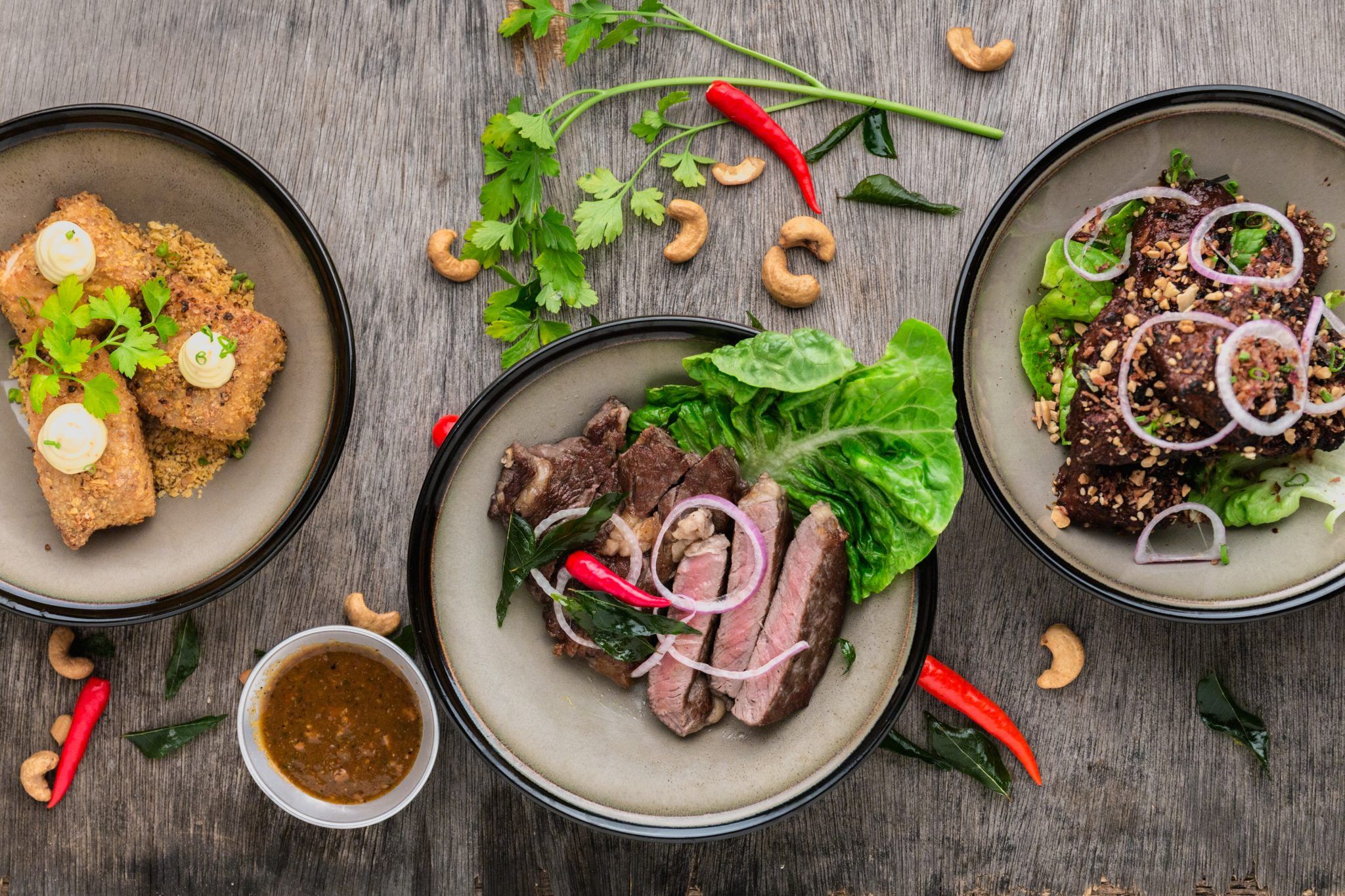

Share
30th July 2019
12:28pm BST

In the case of the Paleo Diet, there could be risks for your heart.
 Scientists were looking for levels of TMAO, a compound produced in the gut. This compound is associated with an increased risk of heart disease. Published in the European Journal of Nutrition, this study measured the levels of TMAO in participants' blood.
People on the Paleo Diet had twice the level of TMAO in their blood, when compared to those following the standard diet.
Scientists were looking for levels of TMAO, a compound produced in the gut. This compound is associated with an increased risk of heart disease. Published in the European Journal of Nutrition, this study measured the levels of TMAO in participants' blood.
People on the Paleo Diet had twice the level of TMAO in their blood, when compared to those following the standard diet.
 "We found the lack of whole grains were associated with TMAO levels, which may provide a link between the reduced risks of cardiovascular disease we see in populations with high intakes of whole grains," she said.
Scientists also found a higher level of the bacteria that produces TMAO in the Paleo Diet group.
"The Paleo diet excludes all grains and we know that whole grains are a fantastic source of resistant starch and many other fermentable fibres that are vital to the health of your gut microbiome," Dr Genoni said.
"Because TMAO is produced in the gut, a lack of whole grains might change the populations of bacteria enough to enable higher production of this compound.
"Additionally, the Paleo diet includes greater servings per day of red meat, which provides the precursor compounds to produce TMAO, and Paleo followers consumed twice the recommended level of saturated fats, which is cause for concern."
"We found the lack of whole grains were associated with TMAO levels, which may provide a link between the reduced risks of cardiovascular disease we see in populations with high intakes of whole grains," she said.
Scientists also found a higher level of the bacteria that produces TMAO in the Paleo Diet group.
"The Paleo diet excludes all grains and we know that whole grains are a fantastic source of resistant starch and many other fermentable fibres that are vital to the health of your gut microbiome," Dr Genoni said.
"Because TMAO is produced in the gut, a lack of whole grains might change the populations of bacteria enough to enable higher production of this compound.
"Additionally, the Paleo diet includes greater servings per day of red meat, which provides the precursor compounds to produce TMAO, and Paleo followers consumed twice the recommended level of saturated fats, which is cause for concern."
Explore more on these topics: